GWNET brings you the 6th instalment of the “Meet the Women in the Energy Transition” series which celebrates the work and achievements of the women who are part of GWNET’s 2/2019 Mentoring Programme. This mentoring programme contains 22 mentee-mentor tandems, with mentees from over 15 countries. Meet GWNET mentee, Hilda Franco. Hilda is an economist specialising in the power sector in Guatemala. Her work has focused on electrical transmission systems, generation fields, distribution, and commercialisation. She is also a professor at two Guatemalan universities, where she teaches about finance projects.
1) Tell us a little about yourself. What do you love most about what you do?
I began my career in the field of finance after graduating as an economist. Since then, I have had the opportunity to gain a wide range of experience in finance, including working in insurance, the stock exchange, banking and as a treasurer. I have also had the opportunity to work with the Central American Bank for Economic Integration (CABEI) and the Inter-American Development Bank (IDB) whose main experience is funding projects through private and public capital.
The power sector in Guatemala has a lot of activity and investment, and that is why the multilateral banks have given me the chance to specialize in power. The power sector in Guatemala is an interesting model in Latin America and I am proud to be part of such a dynamic sector. I recognise that there is a lot of work to do because the country is arising from a social crisis. The possibility to make things happen by taking part in projects in which the whole country benefits is a feeling that is impossible to match.
2) What were your goals when you started working in sustainable energy? Have these evolved?
When I started working in sustainable energy my goals were to learn as much as I can; help other people improve their living conditions; and support my country’s development.
3) What are the opportunities for sustainable energy growth in your country?
There are so many opportunities for sustainable energy growth in my country; we have an electrification rate of 83%. Some rural areas still do not have energy which is a challenge for the country. Additionally, Guatemala needs to improve on the generation and distribution of electricity through investment. I believe Guatemala has the potential to be an energy exporter.
4) What challenges have you faced in the sector? Can you tell us how you overcame (or are overcoming) these challenges?
In this country energy is a male-dominated sector, but I was lucky to have entered energy through the finance sector which is well represented by women. For this reason, I have not faced any bad experiences. Nevertheless, women’s salaries are still lower than those of men. I think most of the women that have excelled have put in a lot of work to achieve their success.
5) Why did you join the GWNET Mentorship Programme? What do you hope to achieve?
I joined the programme because it seemed like a good opportunity to learn from successful women, share experiences with women from other countries, and most importantly gain experience and knowledge which I can share with other women in order for them to reach their goals and in turn increase women’s participation in the sector.
6) What advice would you give to women hoping to join the sustainable energy sector?
I would say that this is the most challenging sector in any country because energy is the motor that moves the world. If a woman wants to transcend and enjoy her job, she must work for the energy sector.
If you are interested in knowing more about GWNET’s mentoring programmes, this comprehensive article outlines our work in this area.



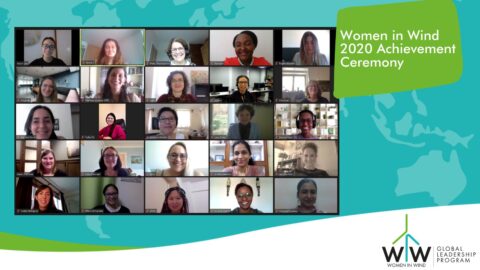
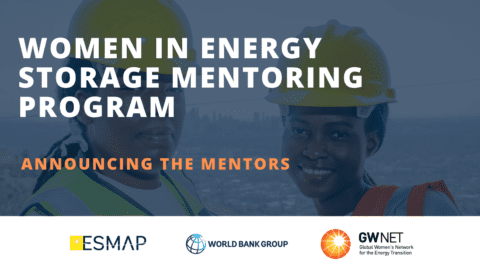
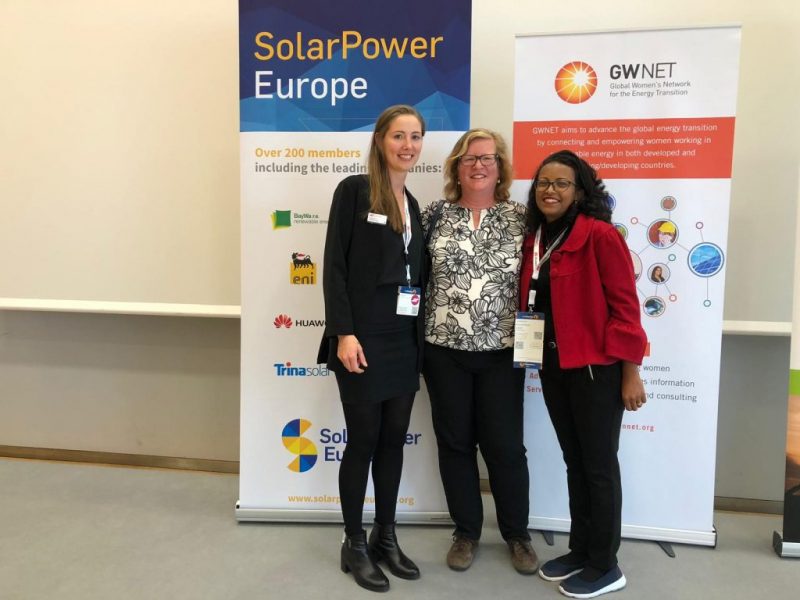
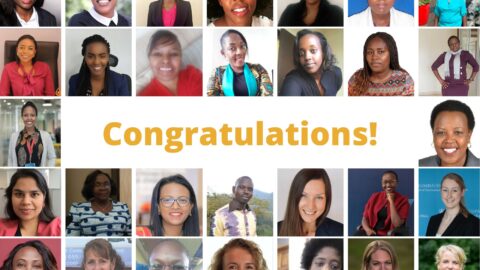

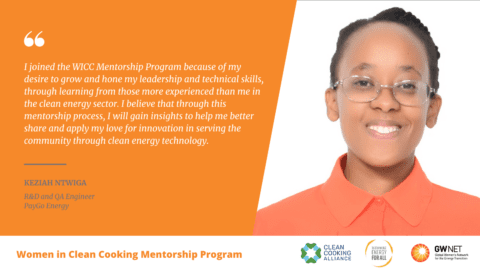



Hilda Franco is an exceptional, intelligent, enterprising woman with an excellent attitude and perfectly dominates the energy industry in Guatemala.